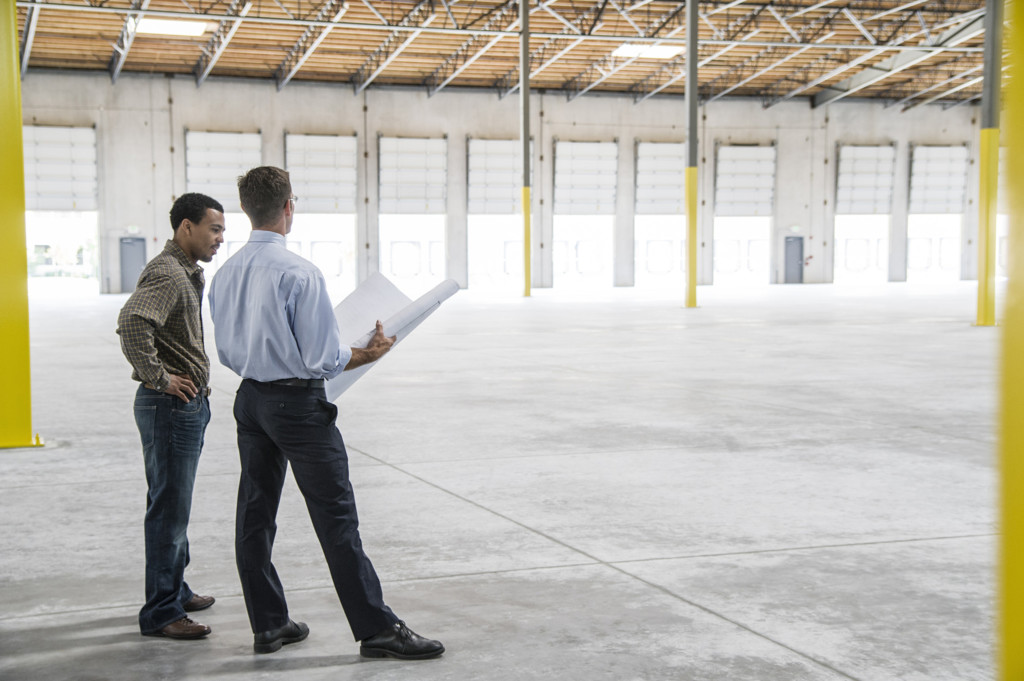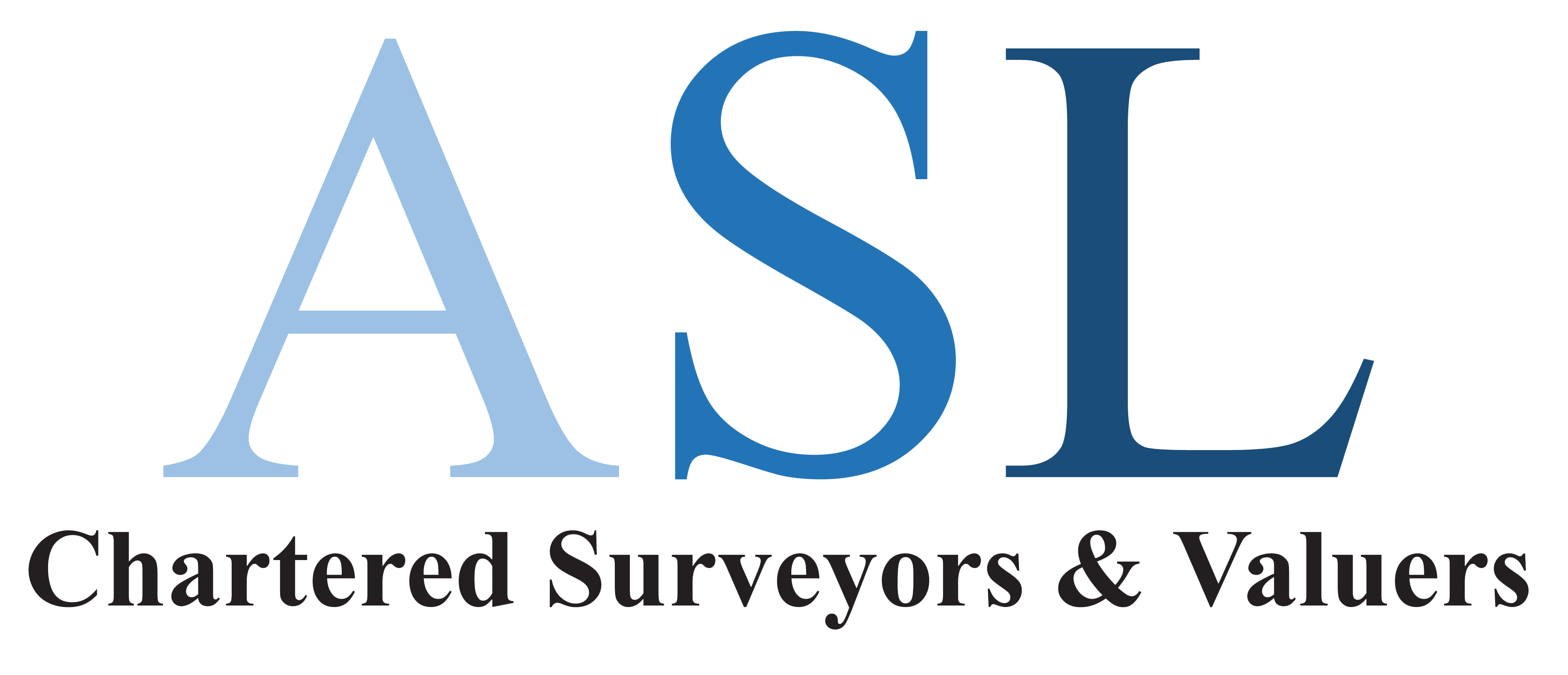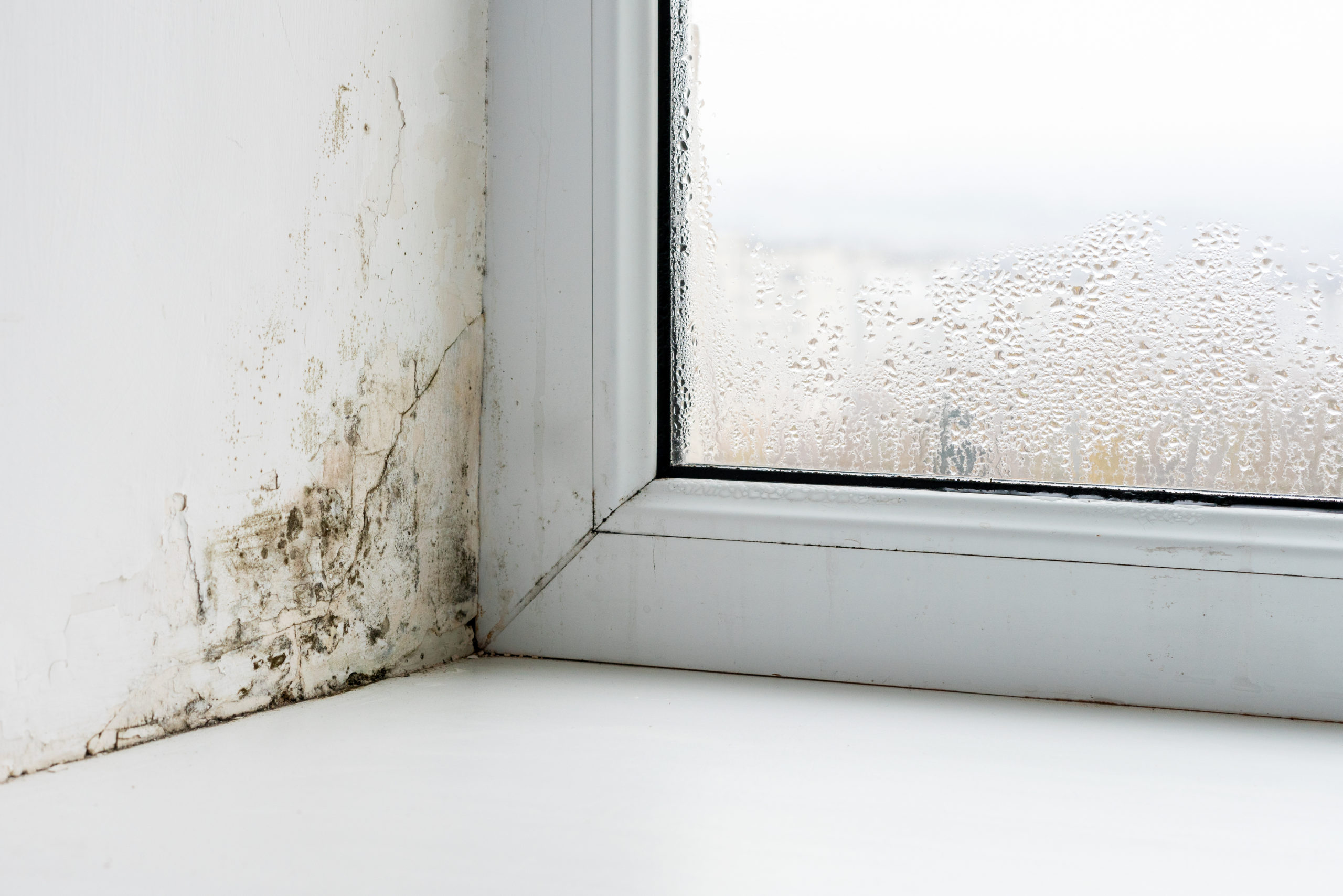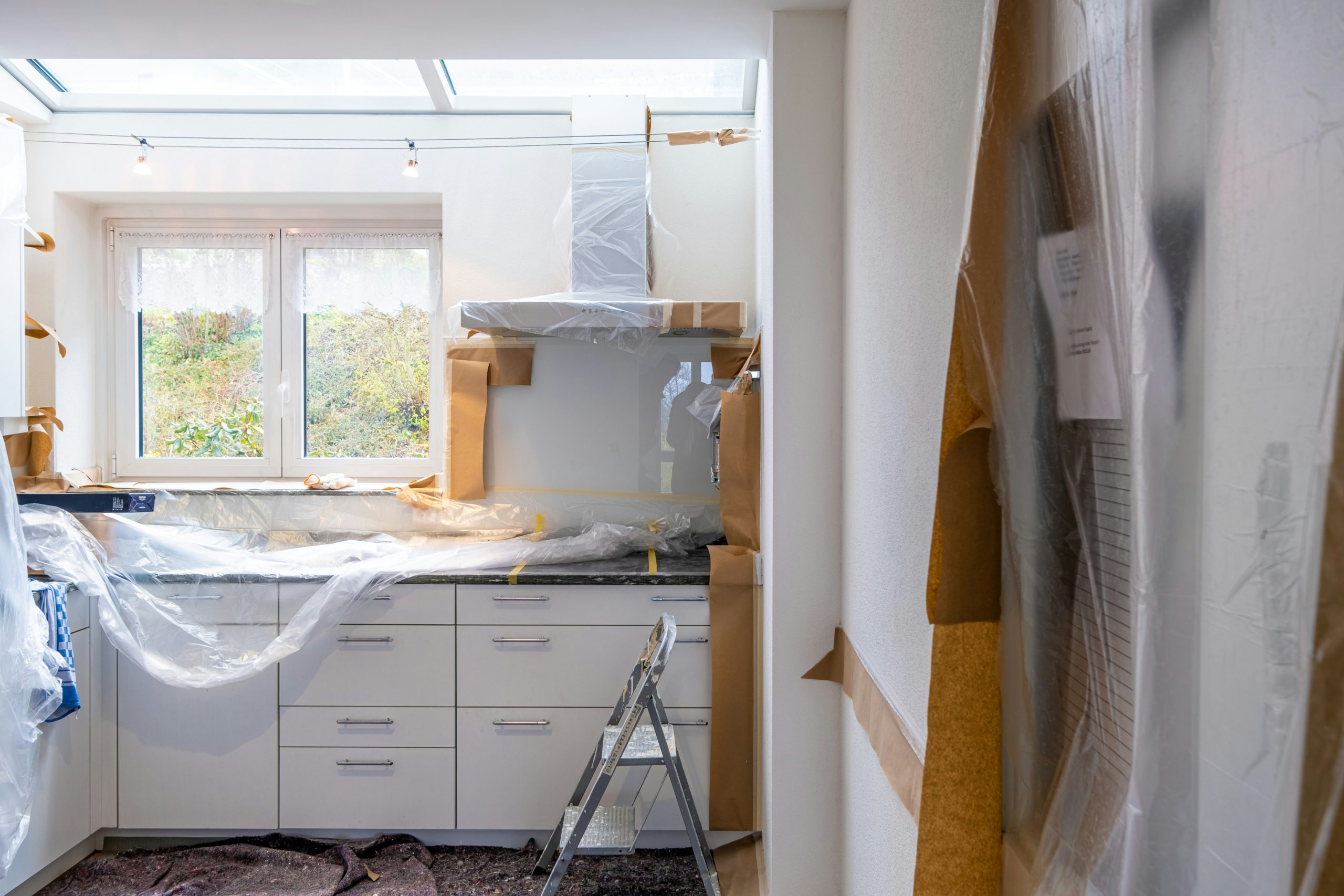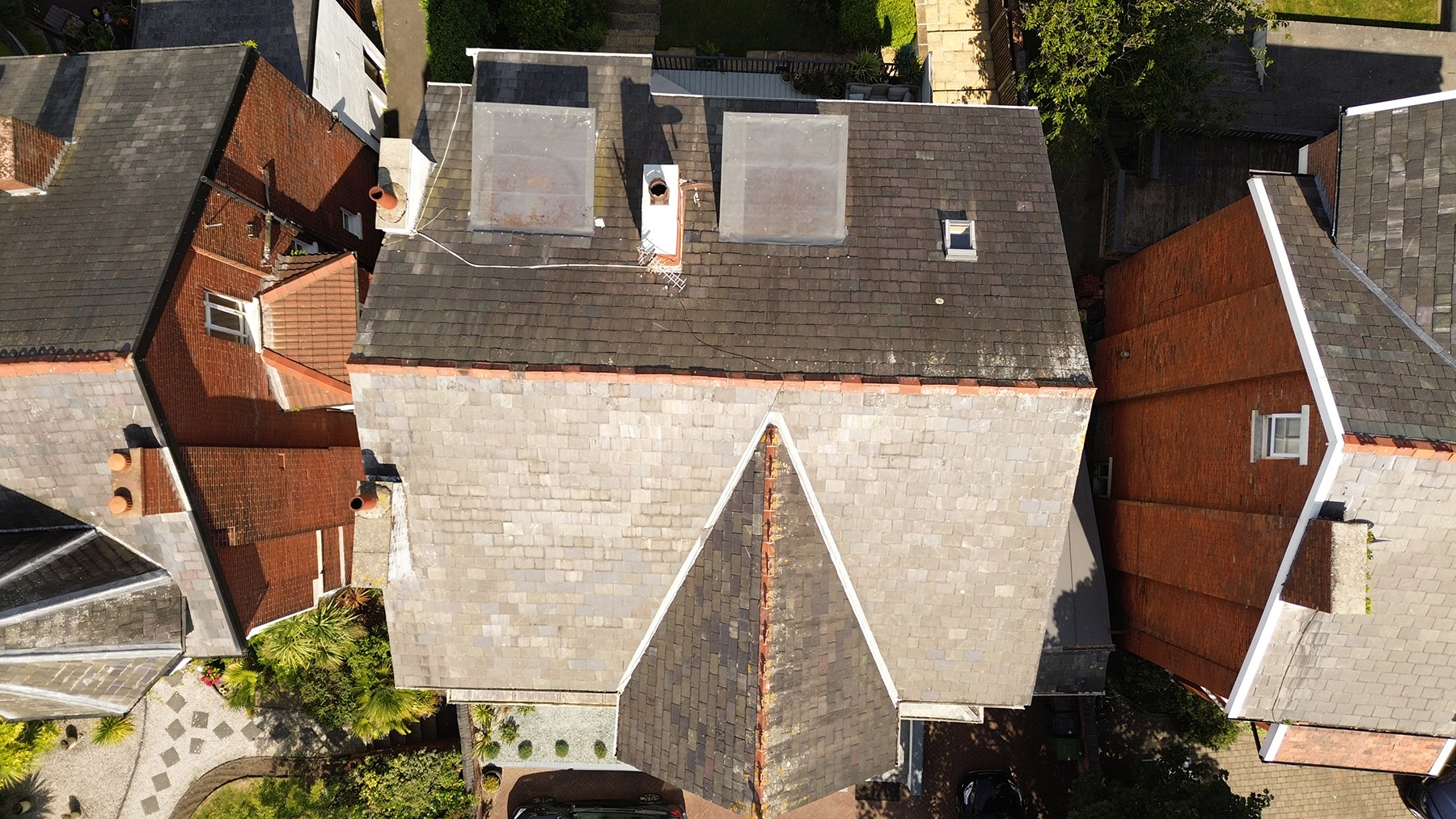Owning a commercial property in the UK can be a lucrative investment offering potential for steady income and long-term capital growth.
Whether that be in the acquisition phase, regulatory costs, all the way through to management and maintenance stages further down the line.
The expenses associated with the day-to-day operation and maintenance of a commercial property encompass a wide range of costs necessary to ensure the property remains functional, safe, and appealing to tenants.
It can get pretty complicated, so we pulled together everything you need to know about understanding the costs associated with commercial property so you can be rest assured you are fully prepared for your property investment.
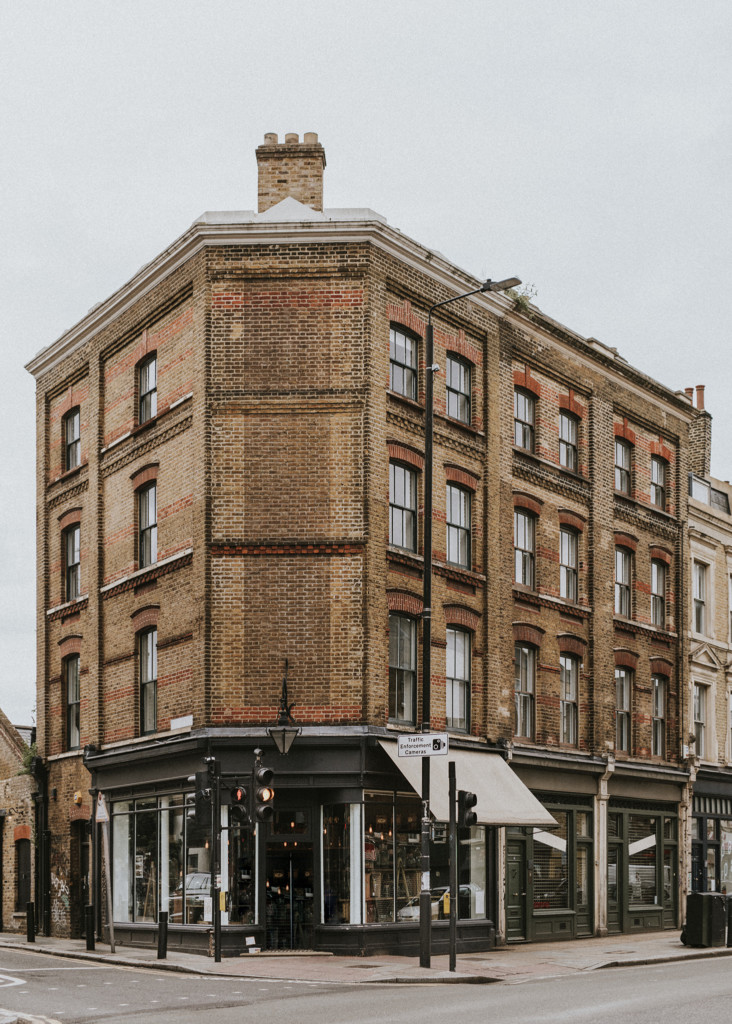
1. Purchase & Finance Costs
Owning a commercial property will naturally start with significant upfront investments. From the purchase price to the various associated fees, these initial costs can quickly add up.
Prospective buyers should carefully evaluate these factors to make informed decisions and ensure their investment aligns with their financial goals. Preparation at this stage allows for buyers to budget appropriately for the main components of a purchase, including the purchase price, stamp duty, legal fees, and survey costs.
Purchase Price
The most significant initial expense is the purchase price of the property. The value of commercial property varies widely depending on factors such as location, size, type of property, and market conditions. For instance, the cost of purchasing a commercial property in a prime location like London could be several times higher than in smaller towns or rural areas, reflecting the higher demand and limited supply.
Moreover, the type of commercial property also influences the purchase price. Retail spaces, office buildings, warehouses, and industrial units each come with different price tags. A small office space might be relatively affordable, while a large industrial unit could represent a substantial financial commitment. Understanding the market and specific requirements of the property type you are interested in is crucial for accurate budgeting.
Stamp Duty Land Tax (SDLT)
Stamp Duty Land Tax, or SDLT, is a tax on property transactions, and is payable on both commercial and residential properties. The rates for commercial properties are different from residential ones, with tax being payable on any commercial property purchase of £150,000 or more.
The exact amount payable depends on several factors. To simplify the process and determine the exact amount of stamp duty land tax you will be liable to pay for your commercial property, the government provides a useful tax calculator found here.
Legal Fees
Legal fees cover the cost of conveyancing and other legal services required to complete the property purchase. These fees depend on the complexity of the transaction and the solicitor’s fees. Costs can vary widely based on factors such as property location, the nature of the commercial deal, and any specific legal requirements that may arise during a transaction.
Engaging a solicitor with expertise in commercial property is vital as they can help a smoother transaction and help avoid potential legal pitfalls. Their specialised knowledge will prove invaluable in working your way through complex legal issues, conducting thorough due diligence, and ensuring all contractual obligations are met. This makes legal fees an essential expenditure, giving you peace of mind and protecting your investment from any nasty surprises.
Survey Costs
A thorough commercial property survey is a hugely valuable tool in the purchase process, helping you to identify any potential structural issues or required repairs.
Commercial property surveys are more intricate than residential ones, encompassing a broad range of details. Typically includes an assessment of the property’s condition, its value, and its suitability for the intended use.
There are different types of surveys, which you will require depending on your needs and the type of commercial building in question, such as pre-acquisition surveys, condition surveys, dilapidations, or life cycle cost analysis surveys. Costs will generally reflect the level of detail you require in your survey.
Financing Costs
Financing costs become a key consideration for many investors, whether through a mortgage or other financial arrangements. These costs include interest payments and arrangement fees, which can significantly impact the overall expense of owning a commercial property.
If you take out a mortgage to finance your purchase, the interest payments will depend on the type of mortgage, with fixed-rate mortgages typically having higher initial rates compared to variable-rate ones. Bear in mind, lenders can charge arrangement fees for setting up a commercial mortgage, which will often be worked out as a percentage of the total loan amount.
2. Operational & Management Costs
Operational costs are an ongoing aspect of commercial property ownership, encompassing everything from management fees, business rates and insurance to utilities and maintenance. These expenses are crucial for maintaining the property and ensuring it remains functional and attractive to tenants.
Letting & Management Fees
When letting a property, agents charge fees for finding tenants: marketing the property, conducting viewings, and handling lease agreements. Once a tenant is found, you may find it more comfortable to hire a property management company to handle the day-to-day operations, such as rent collection, tenant communication, and maintenance coordination. Both letting & management fees will generally be charged as a percentage of monthly or annual income.
Business Rates
Commercial Property Insurance
Commercial property insurance is essential and typically includes building insurance, public liability insurance, and potentially contents insurance. The cost of these insurances can vary widely depending on several factors such as the property’s size, location, and inherent risk factors.
Specialised insurance may be required for properties with unique risks or higher values, ensuring comprehensive coverage against specific hazards. This can include additional protection for high-value items, business interruption insurance, and cover for particular industry-related risks.
Utilities & Services
Maintenance & Repairs
Ongoing maintenance and repairs are crucial to preserving the property’s value and ensuring it remains attractive to tenants. Maintenance costs can include everything from routine cleaning and landscaping to major repairs like roofing or HVAC systems.
A life cycle cost analysis allows building owners to evaluate the costs of maintenance needed to sustain a building throughout its life cycle. This type of commercial survey would include the cost and timing of essential works to a building, it’s components, or systems, during a property’s lifespan, to assist with financial planning.
3. Opportunity Costs
Owning a commercial property also involves considering opportunity costs, such as potential void periods and depreciation. These costs represent the financial impact of lost rental income and the decline in the property’s physical assets over time.
Void Periods
Periods when the property is vacant mean a loss of rental income. It’s crucial to budget for potential void periods, especially in markets with fluctuating demand. Marketing efforts and incentives might be needed to attract new tenants quickly.
Periods of vacancy mean a loss of rental income, and directly impacts your overall profitability. To mitigate the financial strain during these void periods, it’s essential to budget accordingly, especially in markets characterised by fluctuating demand.
In addition to budgeting for these periods, effective marketing strategies and attractive incentives may be necessary to quickly attract new tenants. This could involve offering rent reductions, flexible lease terms, or enhancing the property’s appeal through upgrades and improvements. While this can help minimise the duration of vacancies, it does introduce further costs that should be considered.
Depreciation
Need Help Working Out The Costs of Owning A Commercial Property?
Trust in ASL - Chartered Surveyors & Valuers
Owning a commercial property in the UK involves a wide array of costs, from the initial purchase and financing expenses to ongoing operational, management, and opportunity costs.
Understanding and budgeting for these expenses is vital for any commercial property investor. Proper planning and effective management can help mitigate these costs, and ensure your investment remains profitable in the long term.
At ASL, our team of highly experienced commercial property surveyors and valuers can provide a detailed insight into costs you should expect during ownership so you can make an informed decision.
Equipped with a commercial building survey and a life cycle cost analysis conducted by a chartered surveyor ensures the best decisions can be made at the right time, for a safe and valuable investment.
